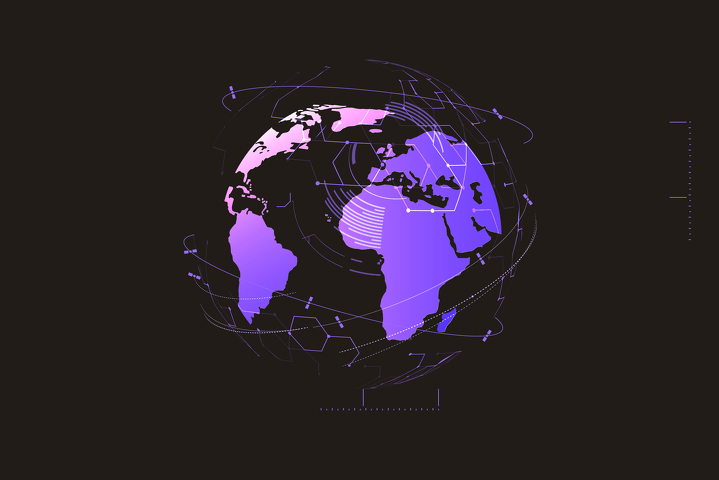Intelligence and National Security beyond Industry 4.0
Scientific development, in particular in the field of information technology, had been exponentially accelerating in the first two decades of the 21st century. This has been reshaping international relations at a faster pace than in any other historic period, where countries need to secure their independence and protect their citizens from measures taken by hostile powers. In 2020, the COVID–19 pandemic has caused major and unexpected disruption in the international system, therefore, the conference also aims to discuss how the intelligence services may aid in recovery and avoiding future calamities. With the assistance of national and international experts, the conference will examine security challenges originating from this new technological development, bearing in mind that Hungary and its allies continue to be at the forefront of scientific development. Therefore, furthering efforts in reinforcing international cooperation may improve our position in the global competition. The event puts special emphasis on the rapid development of information technology and its vital role in our everyday lives and national economies, taking into consideration challenges coming from the cyber space and the new type of arms race between national security bodies.
Opening Remarks:
- Klára Breuer, International Director, National University of Public Service
- HE Paul Fox, Ambassador of the United Kingdom to Hungary
- Zsolt Csepregi, Deputy Director for International Affairs, Antall József Knowledge Centre
Opening Lecture:
- Péter Keresztes, Deputy Head of Department, Directorate for Analysis, Information Office, Hungary
Panel I: Global Threats Originating from and Possibilities Offered by New Technologies
The panel discussion will offer an insight into new technologies, with special regard to potential uses of space and satellites in intelligence, as well as the future of information gathering in the fight between great powers and in countering terrorism. During the panel, special attention will be paid to cooperation frameworks after the Brexit, the cooperation dimension of NATO-EU, information aspect of hybrid warfare and how these platforms were disrupted or potentially developed by reactions to the COVID–19 crisis.
- Dr Beyza Unal, Deputy Director, International Security Programme, Chatham House
- Prof Dr Wolfgang Koch, Head of Sensor Data and Information Fusion Working Group, University of Bonn
- Dávid Szesztai, Head of Department for Space Research and Space Activities, Ministry of Foreign Affairs and Trade, Hungary
- Moderator: Dr Péter Stepper, Senior Researcher, Antall József Knowledge Centre

